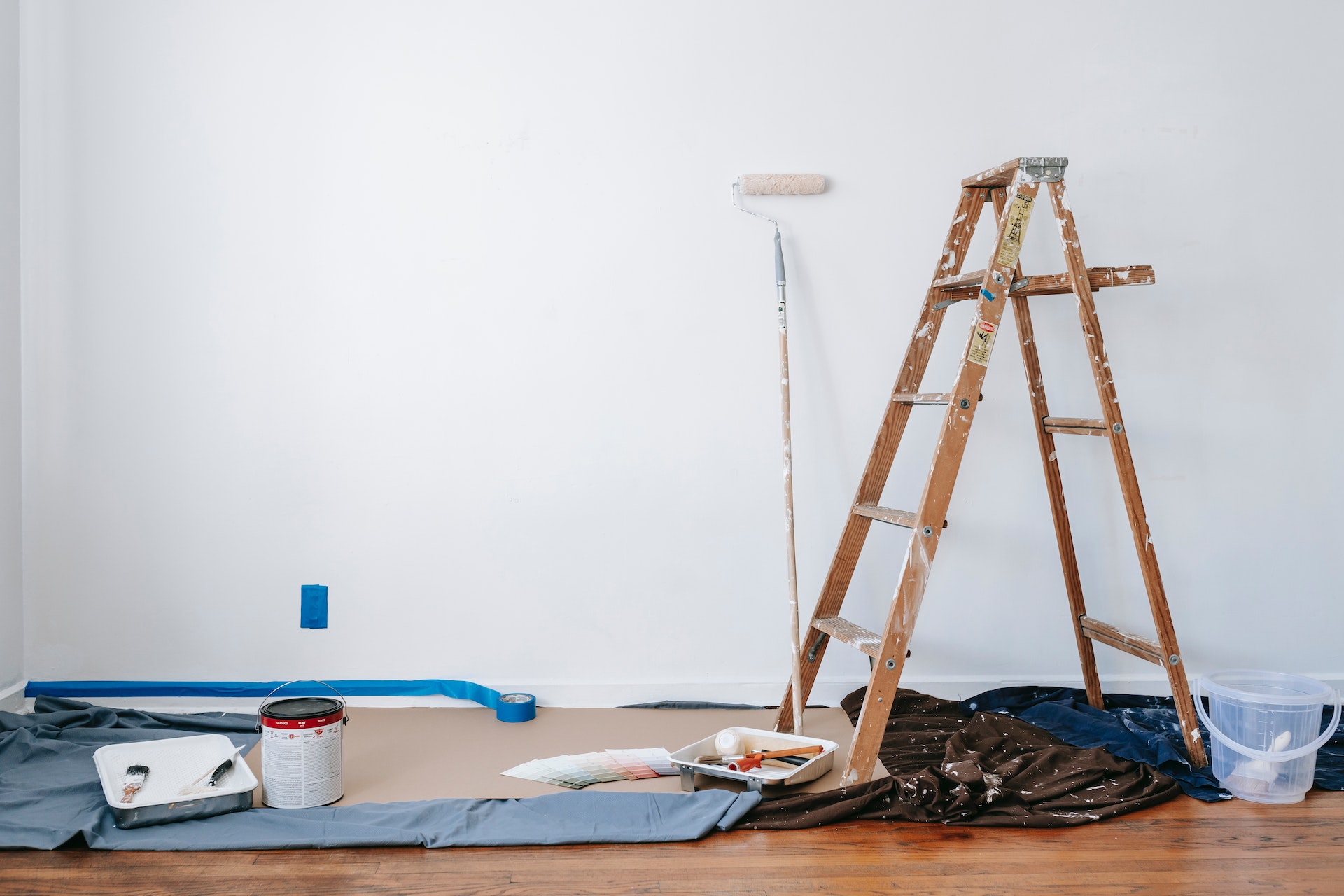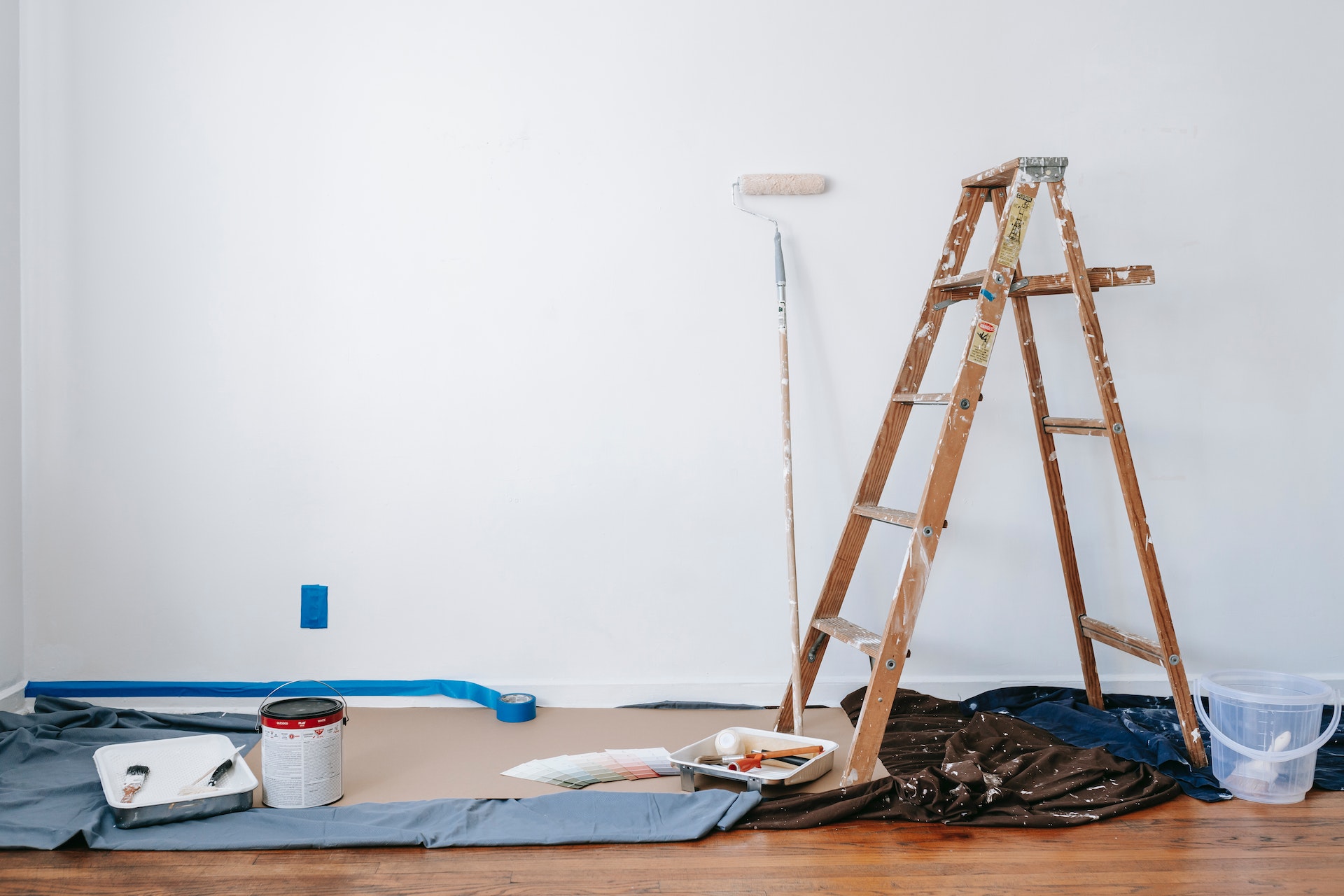
Buying a home is a significant decision, and considering a fixer-upper can offer both opportunities and challenges. While the idea of transforming a diamond in the rough into your dream home may be enticing, it’s crucial to weigh the pros and cons before diving into a fixer-upper project. In this blog post, we will explore the advantages and disadvantages of buying a fixer-upper, enabling you to make an informed decision that aligns with your goals and budget.
Pros of Buying a Fixer-Upper:
- Lower Purchase Price: One of the most appealing aspects of a fixer-upper is the potential for a lower purchase price compared to move-in ready homes in the same area. This can provide an opportunity for budget-conscious buyers to enter the market or invest in a desirable location that might otherwise be unaffordable.
- Personalized Design and Customization: When you buy a fixer-upper, you have the freedom to customize and design the home according to your taste and preferences. From choosing finishes and materials to reconfiguring layouts, a fixer-upper allows you to create a personalized space that reflects your style and needs.
- Potential for Appreciation and Equity: By investing time, effort, and resources into renovating a fixer-upper, you have the potential to increase its value significantly. Successfully transforming a distressed property into an attractive home can lead to substantial appreciation, allowing you to build equity in the long run.
Cons of Buying a Fixer-Upper:
- Renovation Costs and Time Commitment: Undertaking a fixer-upper project requires careful budgeting and planning. Renovations can be expensive, and unexpected issues may arise during the process, adding to the overall cost. Additionally, renovating a home takes time and can be disruptive to your daily life, requiring patience and a willingness to handle the challenges that come with construction.
- Skill and Expertise Requirements: Taking on a fixer-upper means being prepared for the task at hand. While some renovations can be done by homeowners with basic DIY skills, others may require professional contractors and specialized expertise. Understanding your own capabilities and limitations is essential to ensure the successful completion of the project.
- Uncertainty and Unexpected Surprises: When dealing with older or neglected properties, there’s a higher chance of encountering hidden issues, such as plumbing or electrical problems, structural damage, or asbestos. These unexpected surprises can add both financial and emotional stress to the renovation process, requiring flexibility and adaptability.
Buying a fixer-upper offers a unique set of opportunities and challenges. The lower purchase price, personalized design possibilities, and potential for appreciation can be enticing. However, the renovation costs, time commitment, skill requirements, and uncertainty associated with hidden issues should be carefully considered. Before embarking on a fixer-upper project, consult with a trusted real estate agent and contractor to assess the property’s condition and estimate renovation costs. With thorough research and a realistic understanding of your abilities and resources, you can make an informed decision that aligns with your goals and vision for your future home.

 Facebook
Facebook
 X
X
 Pinterest
Pinterest
 Copy Link
Copy Link


